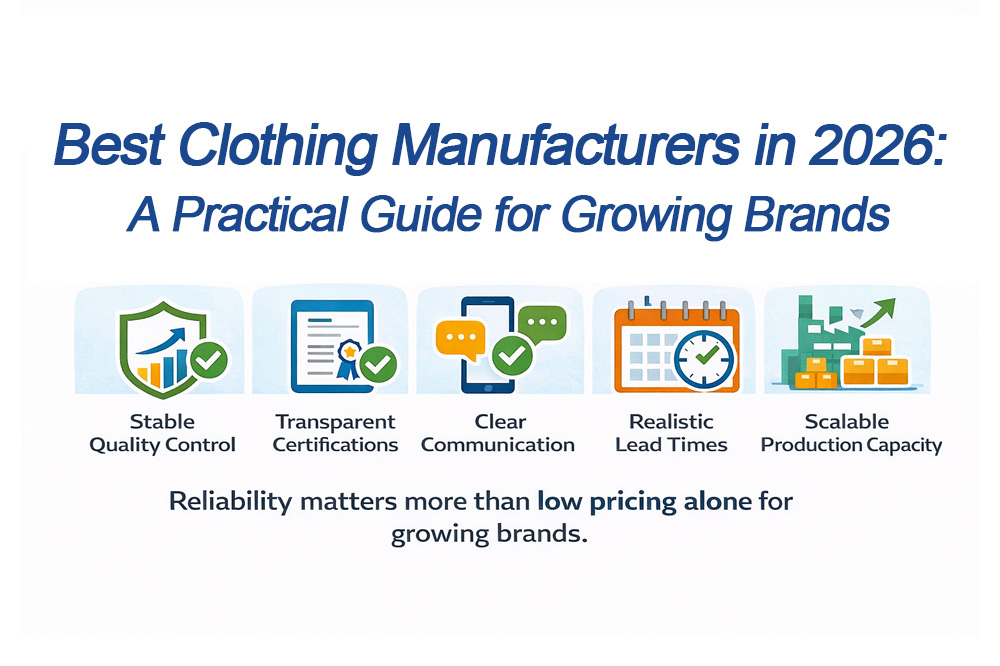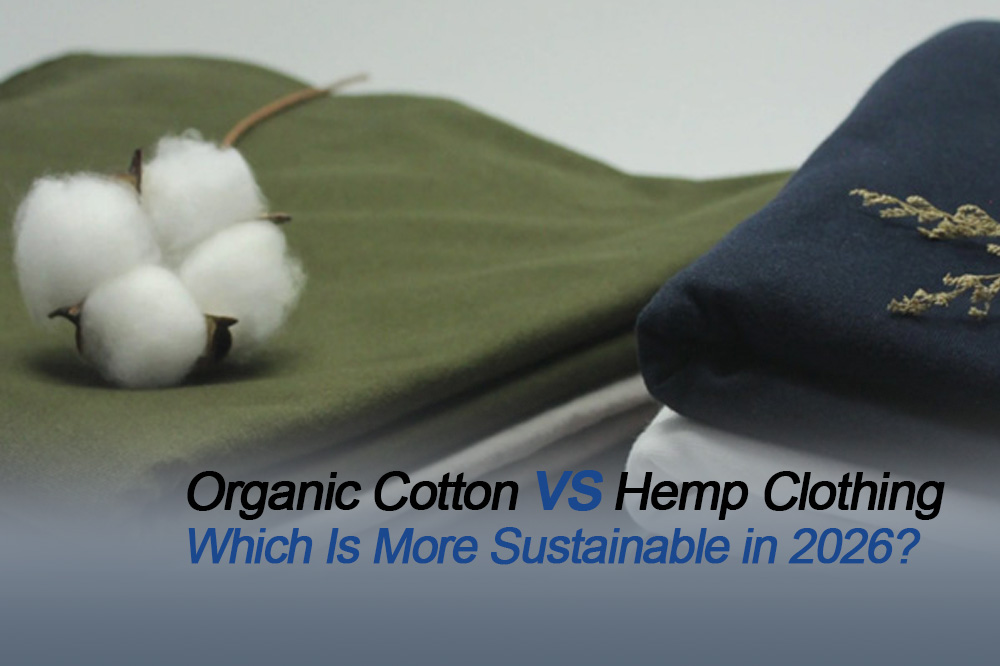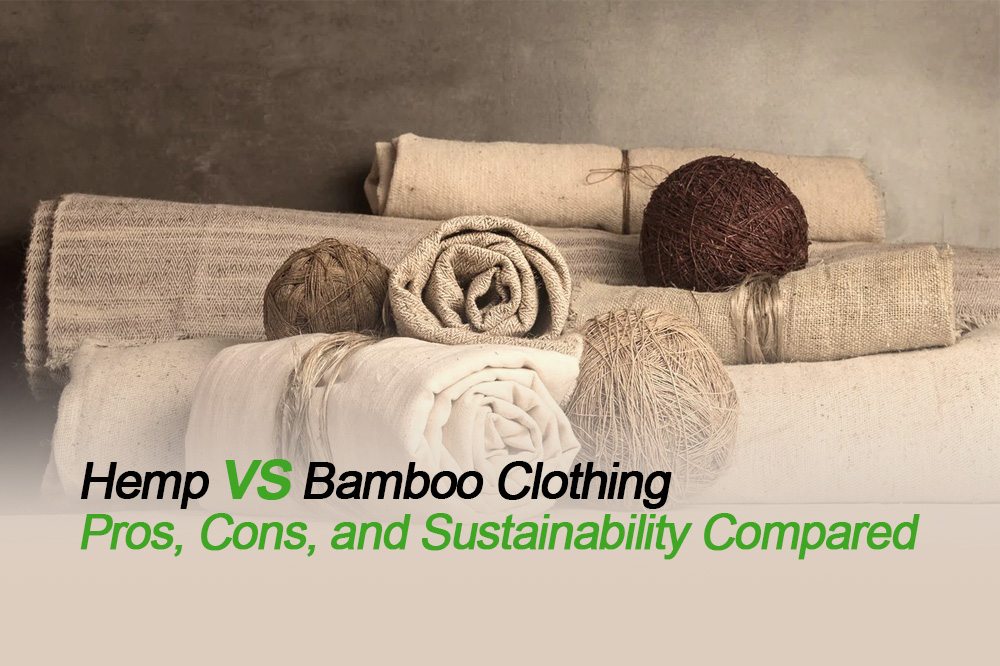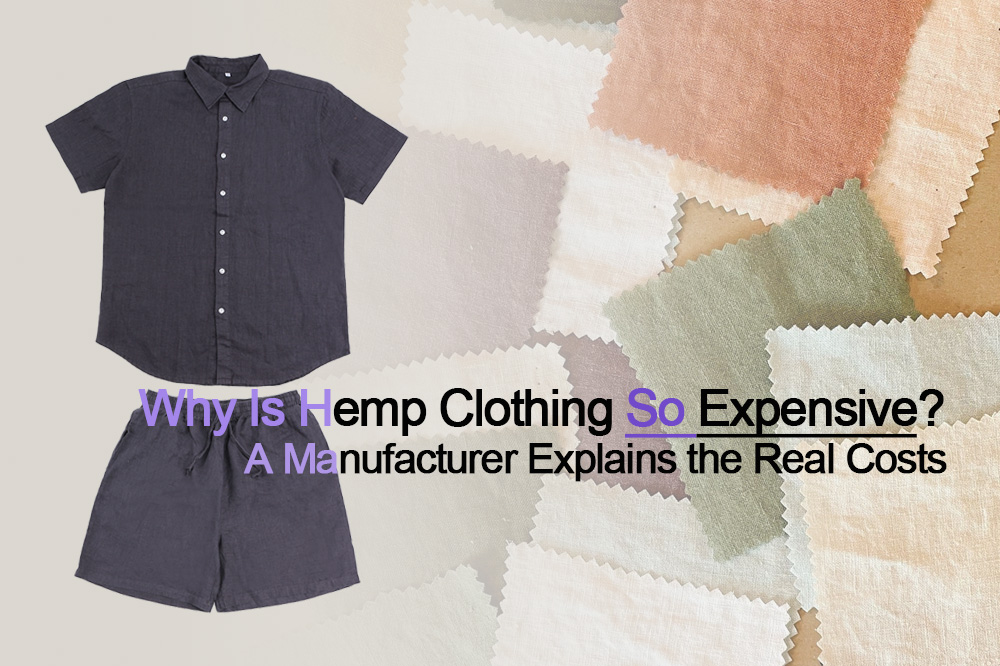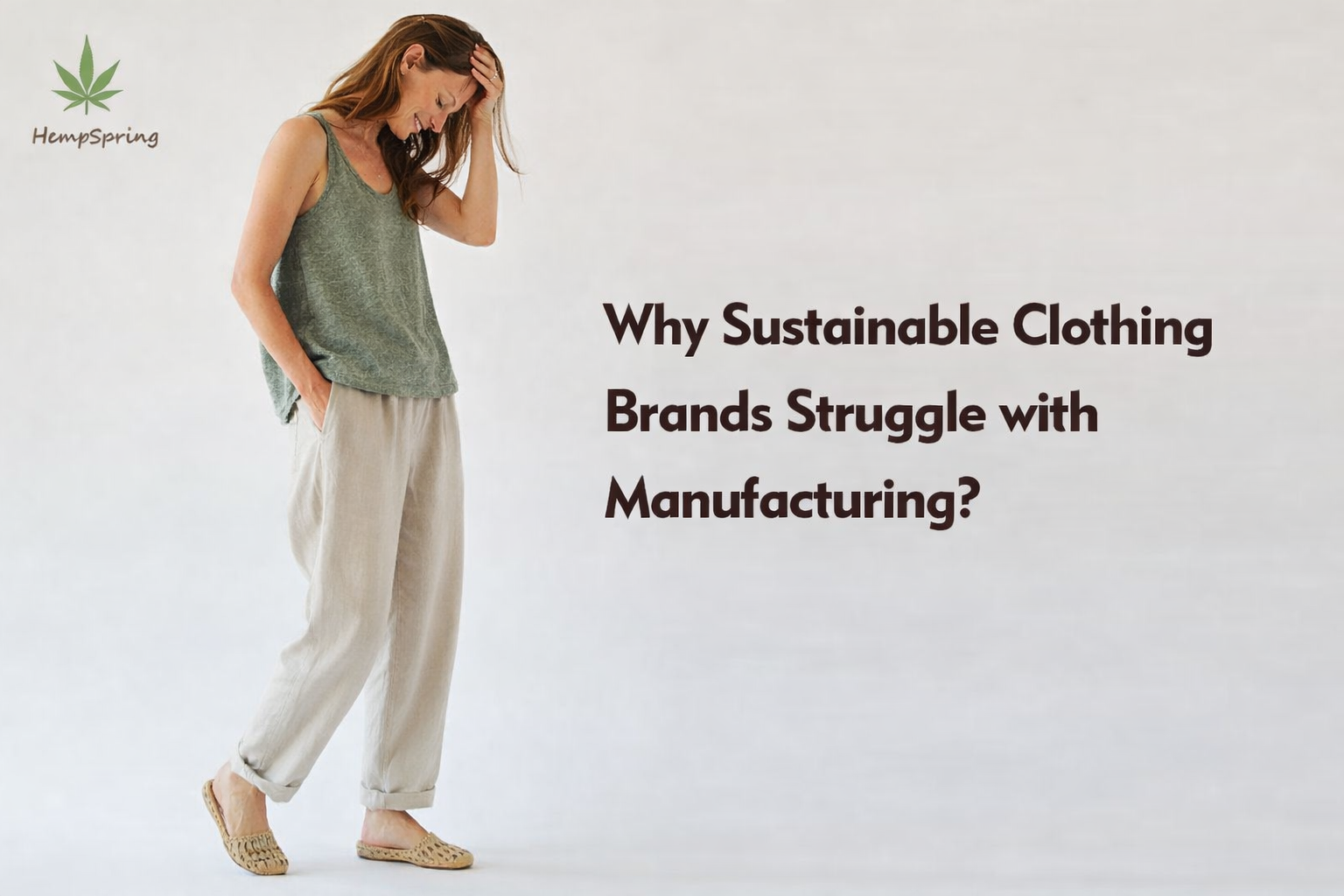
When it comes to sustainability, choosing the right fabric is key. But with so many options available, how do we know what’s truly the most sustainable? In this article, we’ll explore the best clothing materials that not only help our environment but also offer style and comfort.
The most sustainable clothing materials are those that are eco-friendly, renewable, and biodegradable. Fabrics such as organic cotton, bamboo, and hemp are excellent choices as they use fewer pesticides, require less water, and can naturally decompose, reducing environmental impact. These materials are also soft, breathable, and versatile for various clothing styles.
Let’s dive into some of the most eco-friendly and sustainable fabric options available today.
What is the most eco-friendly material for clothes?
Choosing eco-friendly fabrics is crucial for reducing environmental harm. Let’s take a closer look at some of the best materials available.
The most eco-friendly clothing materials are organic cotton, bamboo, hemp, and Tencel. These fabrics are renewable, biodegradable, and produced with fewer chemicals and water, making them great choices for sustainable fashion brands.
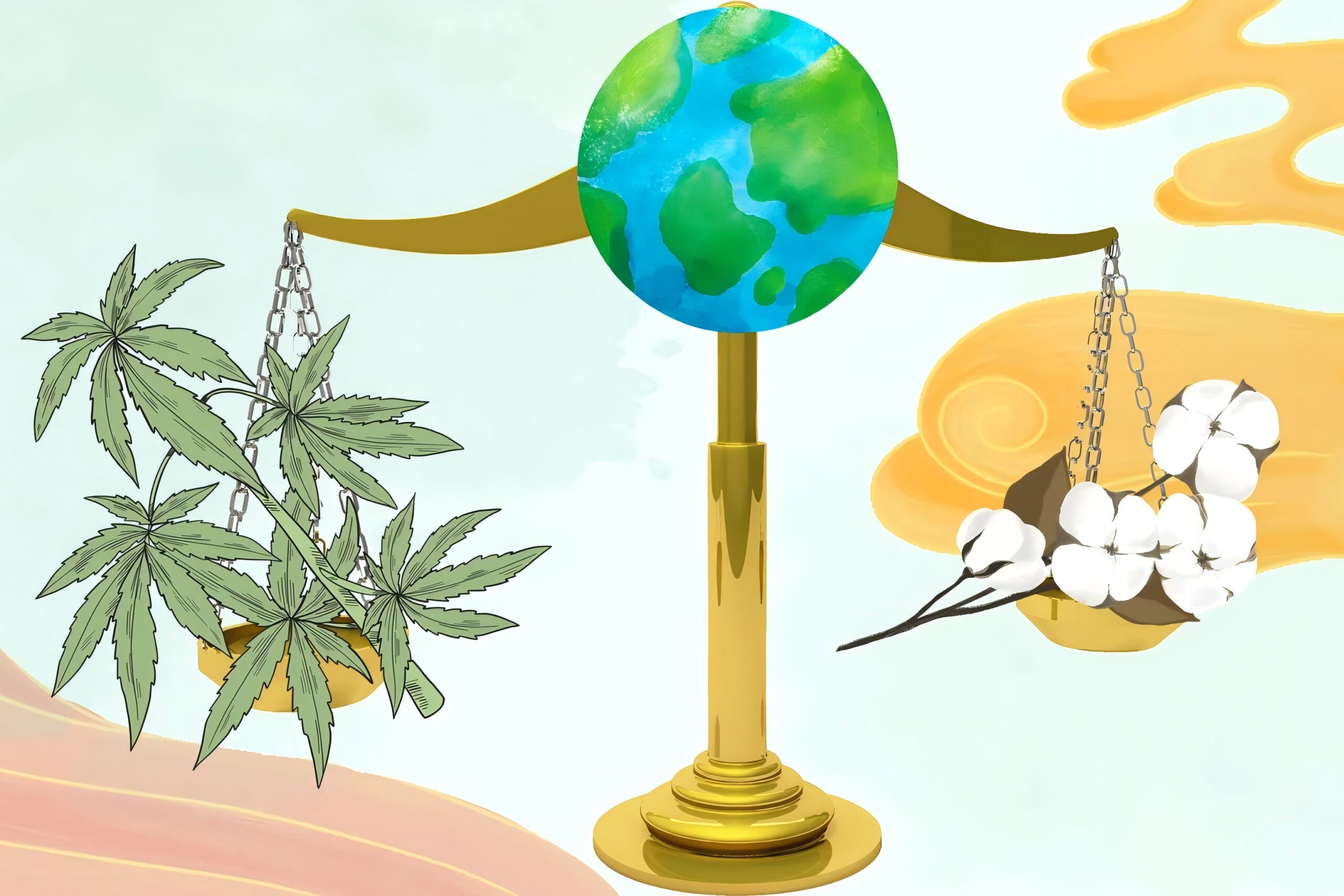
Organic Cotton
Organic cotton is grown without harmful pesticides or synthetic fertilizers, making it better for the environment and the farmers who grow it. It uses less water than conventional cotton, making it a more water-efficient choice. It’s also biodegradable and soft, making it ideal for everyday wear.
Bamboo
Bamboo fabric is another eco-friendly option. Bamboo is a fast-growing, renewable resource that requires little water and no pesticides. When processed correctly, bamboo fabric is soft, breathable, and naturally antibacterial. It also biodegrades naturally, making it a great alternative to synthetic fabrics.
Hemp
Hemp is one of the most sustainable fabrics available. It grows quickly, requires minimal water, and needs no pesticides or herbicides. Hemp fabric is durable, biodegradable, and naturally resistant to mold and UV light. Its versatility and eco-friendliness make it a top choice for sustainable fashion.
Tencel (Lyocell)
Tencel, made from sustainably sourced wood pulp, is another great option. The production process uses a closed-loop system that recycles water and solvents, reducing waste. Tencel is biodegradable, soft, and breathable, making it perfect for comfortable and eco-conscious clothing.
Comparison Table
| Fabric | Water Usage | Pesticide Use | Biodegradable | Durability | Comfort |
|---|---|---|---|---|---|
| Organic Cotton | Low | No | Yes | Moderate | Soft |
| Bamboo | Very Low | No | Yes | Moderate | Soft |
| Hemp | Very Low | No | Yes | High | Rough |
| Tencel (Lyocell) | Low | No | Yes | Moderate | Soft |
Conclusion
Eco-friendly fabrics like organic cotton, bamboo, hemp, and Tencel are great choices for sustainable clothing. These materials are renewable, biodegradable, and offer comfort and durability.
What are 3 types of sustainable fabric?
Sustainable fabrics are gaining popularity, and there are several excellent options available. Let’s explore three of the most popular choices.
Three types of sustainable fabrics include organic cotton, bamboo, and hemp. These fabrics are eco-friendly, use fewer chemicals, and are biodegradable, making them great choices for anyone seeking sustainable fashion options.
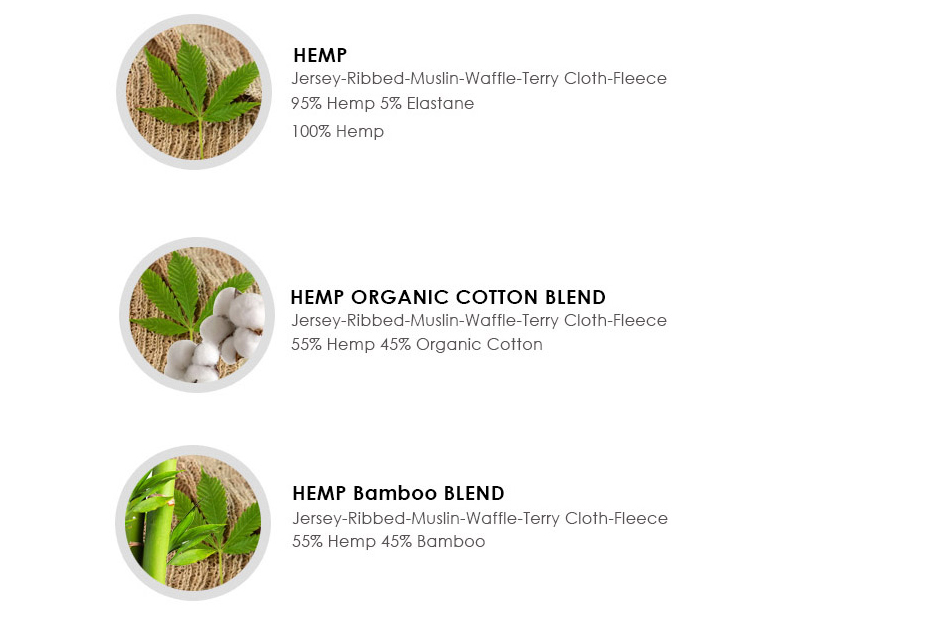
Organic Cotton
As mentioned earlier, organic cotton is grown without harmful pesticides and uses less water than traditional cotton. It’s biodegradable, soft to the touch, and perfect for creating high-quality clothing that doesn’t harm the planet.
Bamboo
Bamboo is another sustainable fabric that’s becoming more popular. It’s incredibly versatile, growing quickly without needing much water, and can be made into a variety of soft fabrics. Bamboo fabrics are naturally antibacterial, breathable, and biodegradable, offering an excellent eco-friendly alternative to synthetic fabrics.
Hemp
Hemp has long been known for its sustainability. It’s one of the most durable and eco-friendly fibers, requiring minimal water and no chemicals to grow. Hemp fabrics are also biodegradable and can be used in a variety of clothing, making it a perfect choice for sustainable fashion brands.
What fabrics are 100% biodegradable?
Biodegradable fabrics break down naturally and do not harm the environment when disposed of. Here are some fabrics that are fully biodegradable.
100% biodegradable fabrics include organic cotton, bamboo, hemp, and linen. These fabrics break down naturally over time, reducing the environmental impact and making them ideal for eco-conscious clothing.

Organic Cotton
Organic cotton is biodegradable and will break down naturally in the environment. Since it’s grown without harmful pesticides, it’s safer for the soil and surrounding ecosystem. It’s an excellent choice for sustainable clothing brands that want to minimize their environmental footprint.
Bamboo
Bamboo fabric is also biodegradable and decomposes quickly when exposed to natural elements. Unlike synthetic fabrics, which take hundreds of years to break down, bamboo fabric naturally returns to the earth, making it an excellent choice for those who prioritize sustainability.
Hemp
Hemp is another fully biodegradable fabric. Its durable nature makes it an ideal choice for long-lasting clothing, and it naturally decomposes without causing harm to the environment. This makes it a great material for eco-friendly fashion.
Linen
Linen, made from flax plants, is another biodegradable fabric. It is durable, breathable, and completely biodegradable. Linen clothing is perfect for warmer climates and is an excellent sustainable option.
What fabric is not eco-friendly?
Not all fabrics are created equally when it comes to sustainability. Some fabrics are harmful to the environment due to their production processes and disposal.
Synthetic fabrics like polyester, nylon, and acrylic are not eco-friendly. These materials are made from petroleum-based products, are non-biodegradable, and can release microplastics into the environment when washed.
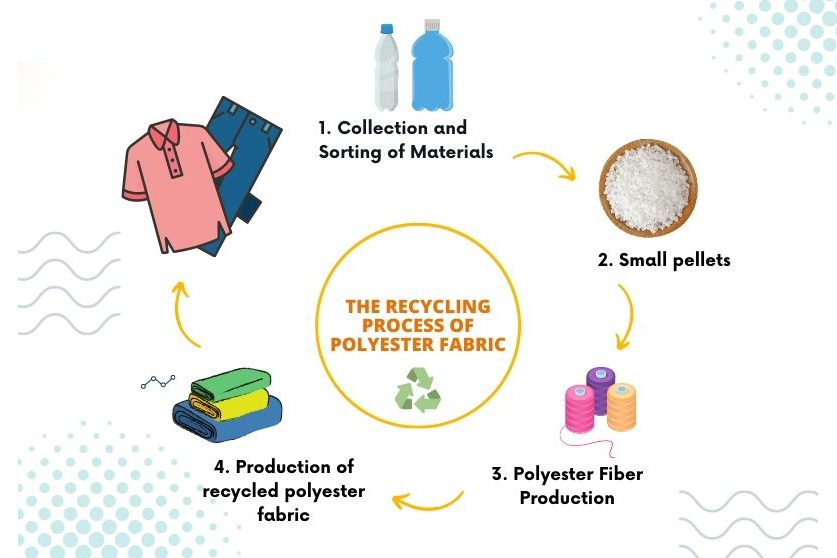
Polyester
Polyester is one of the most commonly used fabrics, but it’s made from petroleum-based products and is not biodegradable. The production process is energy-intensive, and polyester sheds microplastics during washing, which end up in oceans and affect marine life.
Nylon
Nylon, like polyester, is made from non-renewable resources and is not biodegradable. The production of nylon also involves the use of harmful chemicals, and it sheds microplastics when washed, contributing to pollution.
Acrylic
Acrylic fabric is made from synthetic fibers and is another non-eco-friendly option. It’s not biodegradable and releases harmful microplastics into the environment when washed. Additionally, the production of acrylic is energy-intensive, making it an unsustainable fabric choice.
Is 100% cotton sustainable?
Cotton is often thought of as a natural fabric, but is it truly sustainable? Let’s explore the sustainability of 100% cotton.
100% cotton can be sustainable if it’s grown organically. Organic cotton is produced without harmful pesticides, uses less water, and is biodegradable, making it a much more sustainable option than conventionally grown cotton.

Conventional Cotton
Traditional cotton farming uses a large amount of water and pesticides, making it less sustainable than other fabric options. Conventional cotton also contributes to soil depletion and pollution.
Organic Cotton
Organic cotton, on the other hand, is much more sustainable. It is grown without harmful chemicals, uses less water, and is biodegradable. It’s an ideal choice for sustainable fashion brands that want to reduce their environmental impact.
Conclusion
While 100% cotton can be sustainable, it’s important to choose organic cotton over conventional cotton to ensure that the fabric is truly eco-friendly and doesn’t harm the environment.
Conclusion
In conclusion, sustainable fabrics like organic cotton, bamboo, hemp, and Tencel offer a great alternative to traditional clothing materials. These fabrics are eco-friendly, biodegradable, and produced with fewer chemicals, making them the perfect choice for anyone looking to make more sustainable fashion choices.

